NBS governor expects stable dinar, market
National Bank of Serbia (NBS) Governor Dejan Šoškić said late Wednesday he did not expect the dinar to continue weakening against the euro but to remain stable.
Thursday, 05.01.2012.
09:53

National Bank of Serbia (NBS) Governor Dejan Soskic said late Wednesday he did not expect the dinar to continue weakening against the euro but to remain stable. The governor also believes there is nothing threatening the stability of the foreign exchange market. NBS governor expects stable dinar, market He told Radio Television of Serbia (RTS) that in the future the NBS would continue to intervene when it estimates the price pressure on the exchange rate is too high in a single day. He reminded that the NBS had intervened in the foreign exchange market in the last two work days of 2011, and noted it was often forgotten that at the beginning of last year the euro was worth RSD 106.1 compared to RSD 105.8 at the end of the year. “This is a high level of stability," believes the governor. Soskic also believes that, in comparison with other currencies in Serbia's immediate surroundings, the dinar is very stable. The dinar dropped slightly against the euro on Thursday - by eight paras or 0.1 percent, landing at a middle exchange rate of RSD 105.8694, the NBS announced. On a month-to-month level, the dinar is down 2.3 percent against the euro, but it is up 0.6. percent on a year-to-year basis. Soskic addedt he expected stabilization of prices as there were no reasons for volatile changes in the market. “I expect stability and I see no reason for any kind of drastic and volatile changes in the market,” he told RTS. He said that the NBS projection was precisely about price stabilization, and expressed belief that inflation would reach the forecasted level in the coming months and then go down. “I expect that very quickly in the next few months target inflation will be reached and that afterwards the inflation will record a considerable drop,” Soskic noted. The governor expects that this will be followed by a period of stability and increase in efficiency of the monetary policy so that the inflation could be not only low but also stable. He recalled that the inflation was agreed to stand at 4 percent, plus-minus 1.5 percent at the end of 2012, and expressed belief that this was realistic. “This is absolutely realistic,” Soskic said, recalling that early in 2011 there were few people who believed that the end of the year would see one-digit inflation. The NBS governor expressed belief that the coming election campaign would not influence price stability and that politicians would abide by the fiscal law. “The budget limits are clearly outlined, and we have instruments to control budget revenues and expenditures,” he pointed out. “Serbia does not have room for any processes which would considerably undermine its fiscal stability as the markets dictate its additional indebtedness,” Soskic concluded. Dejan Soskic (Tanjug, file) Tanjug
NBS governor expects stable dinar, market
He told Radio Television of Serbia (RTS) that in the future the NBS would continue to intervene when it estimates the price pressure on the exchange rate is too high in a single day.He reminded that the NBS had intervened in the foreign exchange market in the last two work days of 2011, and noted it was often forgotten that at the beginning of last year the euro was worth RSD 106.1 compared to RSD 105.8 at the end of the year.
“This is a high level of stability," believes the governor.
Šoskić also believes that, in comparison with other currencies in Serbia's immediate surroundings, the dinar is very stable.
The dinar dropped slightly against the euro on Thursday - by eight paras or 0.1 percent, landing at a middle exchange rate of RSD 105.8694, the NBS announced.
On a month-to-month level, the dinar is down 2.3 percent against the euro, but it is up 0.6. percent on a year-to-year basis.
Šoškić addedt he expected stabilization of prices as there were no reasons for volatile changes in the market.
“I expect stability and I see no reason for any kind of drastic and volatile changes in the market,” he told RTS.
He said that the NBS projection was precisely about price stabilization, and expressed belief that inflation would reach the forecasted level in the coming months and then go down.
“I expect that very quickly in the next few months target inflation will be reached and that afterwards the inflation will record a considerable drop,” Šoškić noted.
The governor expects that this will be followed by a period of stability and increase in efficiency of the monetary policy so that the inflation could be not only low but also stable.
He recalled that the inflation was agreed to stand at 4 percent, plus-minus 1.5 percent at the end of 2012, and expressed belief that this was realistic.
“This is absolutely realistic,” Šoškić said, recalling that early in 2011 there were few people who believed that the end of the year would see one-digit inflation.
The NBS governor expressed belief that the coming election campaign would not influence price stability and that politicians would abide by the fiscal law.
“The budget limits are clearly outlined, and we have instruments to control budget revenues and expenditures,” he pointed out.
“Serbia does not have room for any processes which would considerably undermine its fiscal stability as the markets dictate its additional indebtedness,” Šoškić concluded.















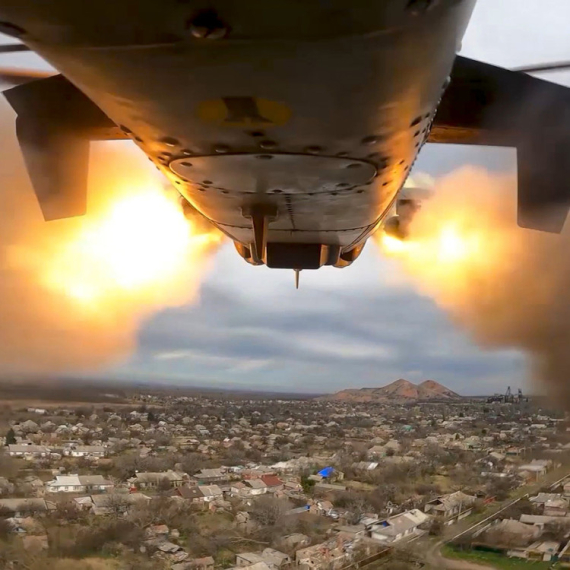
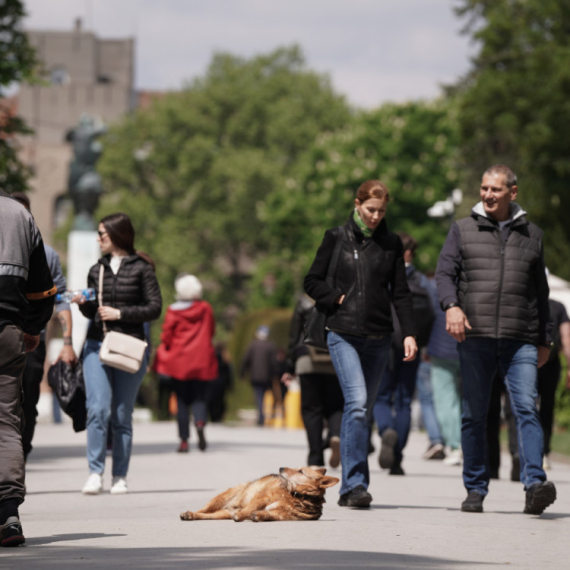
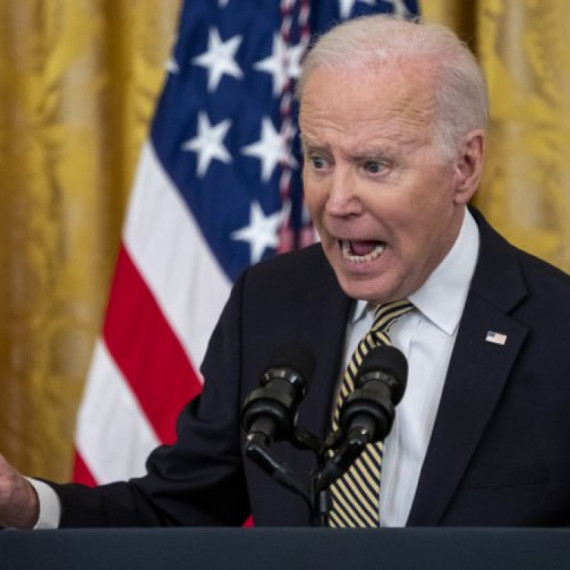
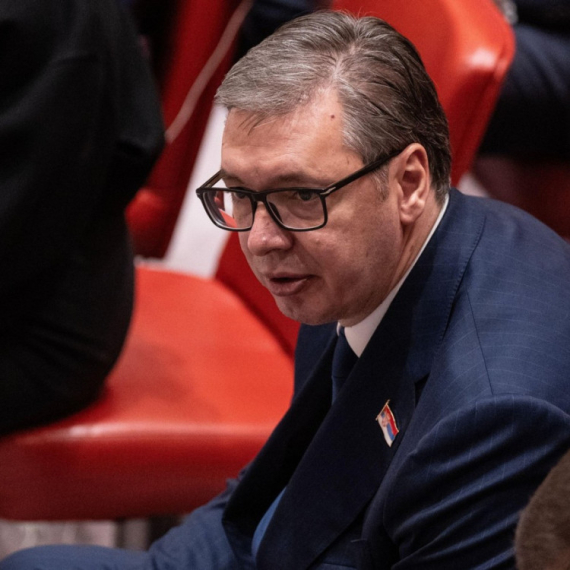




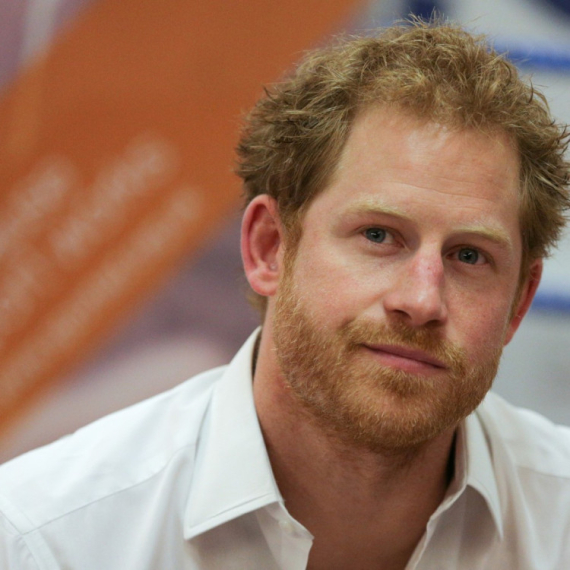































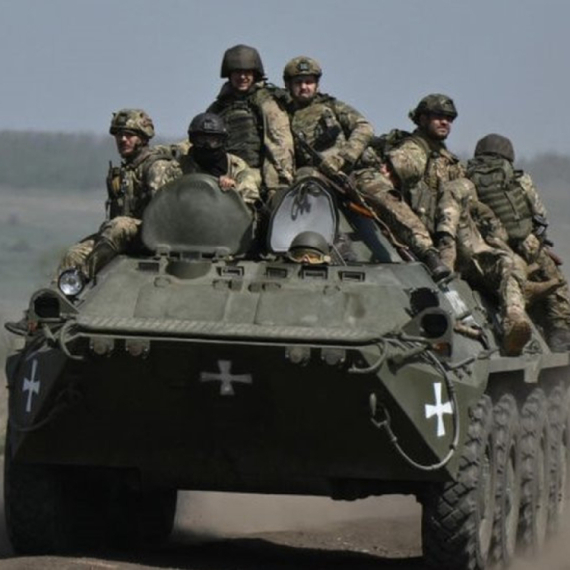

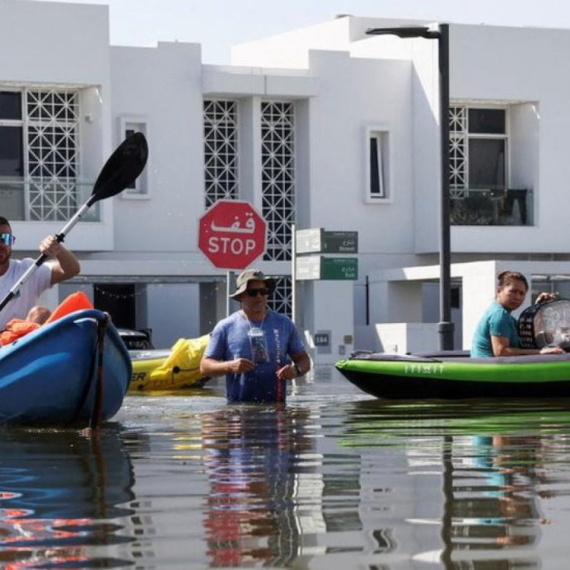

Komentari 0